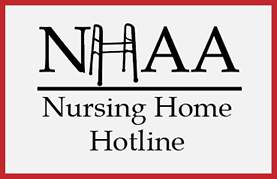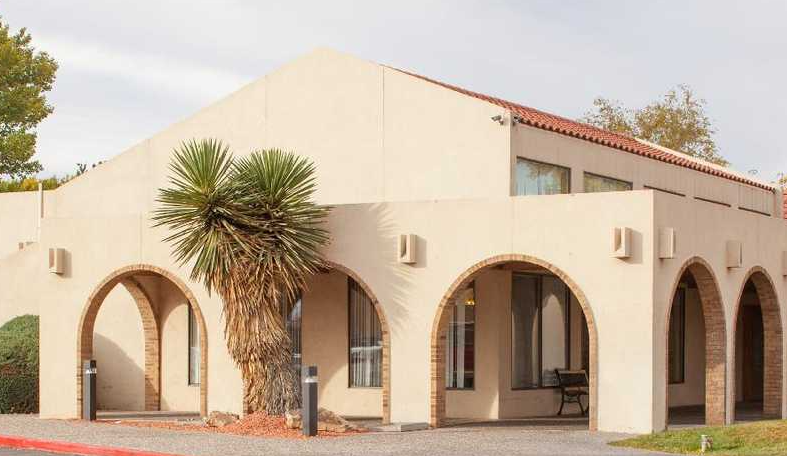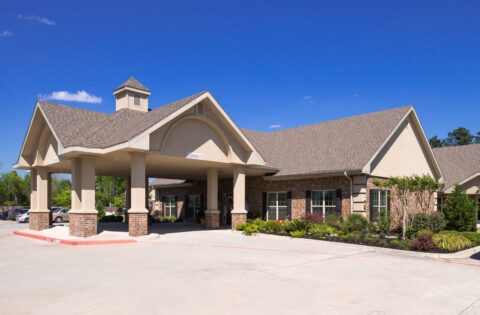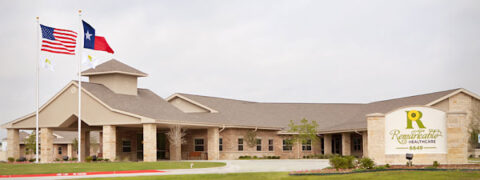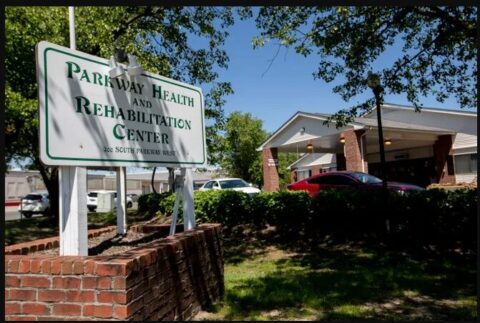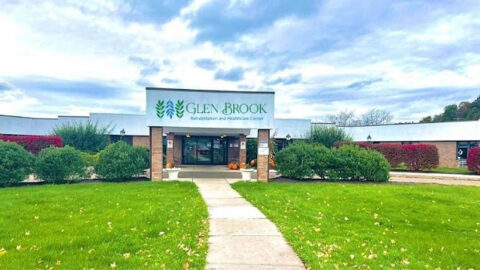State Findings:
On [DATE], R #281 was found unresponsive in the dining room. Resident was transferred from the dining room to the resident’s room before CPR was initiated. R #281 later died .
On [DATE], R #283 was found unresponsive in his room following the lunch meal service. Before CPR was initiated, Nurse went to the Nurse’s station to look up resident’s code status and call 911. CPR was not immediately initiated until full code status was confirmed in the electronic medical record. R #283 was not able to be revived and pronounced deceased .
On [DATE] and [DATE] Nursing staff (licensed nurses and certified aides) were interviewed and found to be unaware of resident’s advance directives (a resident’s code status which describes their wish to either accept or reject emergency intervention such as Cardiopulmonary Resuscitation). Nursing staff stated they must have access to resident’s electronic health record (EHR) (a medical resident found on an electronic device such as a computer) to access and identify resident’s code status. Nursing Staff stated that EHR’s can be found at the computers located at the two facility nurses stations (an area in which staff maintain resident records and computers) or at the front desk. Nursing staff stated that in the event of a resident found non-responsive (unconscious and unable to respond) they would go to the nearest nurses station, review the resident’s EHR then return to the residents location with that information to be provided to others on scene or begin treatment according to resident wishes. Nursing staff further stated that if they were to find a non-responsive resident they would begin CPR until the resident’s code status was confirmed. Nursing Staff further stated that if they started CPR for a resident found unresponsive they would stop CPR if the resident’s codes status was found to be DNR (Do Not Resuscitate: a person’s request to not receive emergency intervention). This is process is reported as being the facility policy.
Your Experience Matters
...and we want to hear it.
NHAA is here to assist families, residents, and the community by sounding the alarm on issues like those found above. This nursing home and many others across the country are cited for abuse and neglect.
If you have or had a loved one living in this nursing home or any other nursing home where you suspect any form of abuse or neglect, contact us immediately.
We have helped many already and we can help you and your loved one as well by filing a state complaint, hiring a specialized nursing home attorney or helping you find a more suitable location for your loved one.
You can make a difference, even if your loved one has already passed away.
Please give us a call at 1-800-645-5262 or fill out our form detailing your experience.
Personal Note from NHA-Advocates
NHAA shares with all the families of loved ones who are confined to nursing homes the pain and anguish of putting them in the care of someone else. We expect our loved ones to be treated with dignity and honor in the homes we place them. We cannot emphasize enough to family members of nursing home residents; frequent visits are essential to our loved ones’ well-being and safety.
If you are struggling and upset, click here to understand your options, or contact us through our contact form or call our toll free hot line number: 1-800-645-5262.
